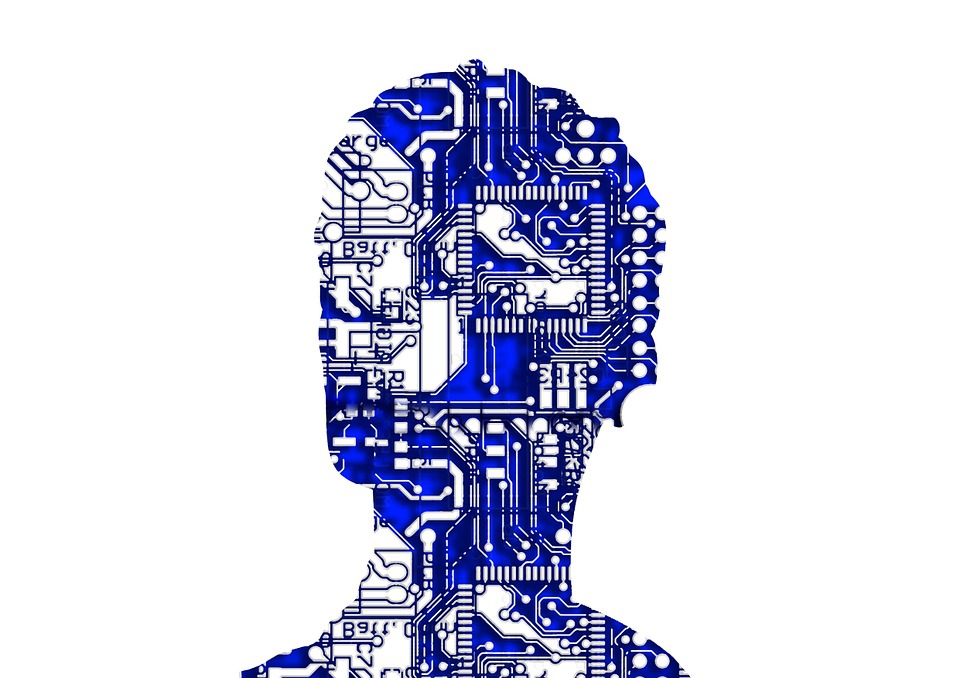One in seven HR leaders agree that automation/artificial intelligence is already impacting their workforce plans.
Workplaces and workforces are changing. Technology, especially automation and AI, has brought a huge wave of change in the way organisations function. HR is riding on a high tide here, as man and machine come together to work collaboratively. The rise in automation and AI is significantly impacting the way businesses are planning their workforce—the Harvey Nash HR Survey 2017 reports that one in seven HR leaders agree that automation/artificial intelligence is already influencing their workforce plans in a strong way.
According to the sixth annual Harvey Nash Human Resources Survey, representing the views of 1,008 HR leaders from over forty countries, 15 per cent of HR leaders said their plans were being affected right now, and a further 40 per cent believe this will happen within the next two to five years. Here are five ways in which AI is changing the way HR thinks and functions:
Enhanced insights: The existing HR systems, despite continuous improvements, are prone to providing inaccurate reports or outputs with incomplete or inaccurate information, offering a simple review instead of real insights for future usage. AI or cognitive computing-enabled bots could bring about a revolution in human analysis with consistently observed interactions, communications —both internal and external—tone and context of the interactions and transactions in an organisation, providing enhanced and deeper insights that HR could utilise to take more efficient and business- relevant decisions.
Reformed recruitment: Human beings are quite complicated and knowing individual personality traits and base-level data about people—enough to run an analysis on—especially when hiring, is not something that can ever be so accurate when done by humans themselves. However, with AI- enabled cognitive and predictive analysis using natural language—which may relatively be in its infancy currently—selecting and recruiting talent can become far more efficient. The natural language processes-driven software and predictive language analysis can help speed up recruitment by allowing HR managers to weed people out faster, and with fewer mistakes.
Personalised learning: One thing that needs customisation and personalisation in the current corporate landscape, than anything else, is learning. With a diverse generational mix, the workforces of today demand personalised experience in learning, breaking away from the traditional—one size fits all—training methods. To do that, learning professionals need to closely analyse and monitor training needs. This is where AI is helping capture meaningful employee data relating to a wide range of learning experiences and behaviours. Similar to the machine learning computer algorithms that ‘learn and recommend’ by analysing your choices of where to shop or what to eat, AI can also ‘learn and recommend’ when it comes to employee training. Such systems can also help consistently improvise on the training programmes, making them more efficient and effective.
Smart assistance: HR managers need not worry about handling the routine transactional queries of employees now, as chatbots and AI-enabled assistants have taken over the job. There are smart assistants possessing a clear in-depth understanding of the organisation’s policies, benefits and structure and can be a go-to source for employees. Chatbots can also allow people to apply for leave or let them keep track of their performance feedbacks, providing recommendations for future. Such systems can also keep track of employee growth and development to provide reviews and assistance to HR managers for taking more efficient decisions in talent development.
Power of prediction: With meticulous repeat analyses and observation, AI gains the power to predict employee trends just when they are likely to occur, and on the basis of that, even recommend the required actions. After a point, AI may be able to understand an organisation even better than its leaders and then, be it predicting future turnover rates, level of employee engagement or any other hidden challenges, AI can do it all.
Knowing how AI will come in as a smart aide for HR managers, there is no doubt that the role of HR managers and leaders will also undergo significant transformation. With AI taking away so much from the HR function, the role of HR professionals may shift more towards the human aspect of the function, where subjectivities of being human dominate more, such as counselling, mentoring and most importantly providing the humane moral support, leading people to success.



